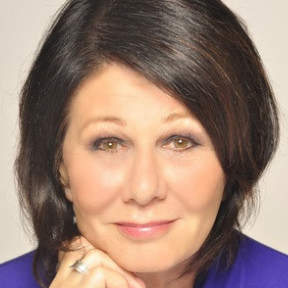FOR QUESTIONS & INTEREST: 561-379-7207
FOR CURRENT STUDENTS: (772)-209-9353
INFO@MODERNSEXTHERAPY.COM
- Certifications & Degrees
- Online Clinical Sexology PhD Program
- 2026 Calendar
- 2025 Calendar
- Sex Therapy Certification
- Transgender Affirmative Mental Health Care Certification
- Couples And Sex Therapy Certification
- LGBTQIA Affirmative Therapy Certification
- Sexual Trauma Certification
- Medical Sexology Certification
- Alternative Relationships Certification
- Sex Counselor Certification
- Certificate In Sexual Health
- Sex Educator Certification
- Problematic Sexual Behavior (PSB) Certification Program
- Somatic Sex Therapist Certification
- Neurodiversity Sexuality Professional Certification
- Sex Informed Therapist Certification
- Sexually Competent Therapist Certification
- Kink Conscious Professional Certification
- Sexual Trauma Informed Therapist Certification
- LGBTQIA+ Informed Professional Certification
- Neurodiverse Sexuality Aware Professional Certification
- Sexual Compulsivity Informed Professional Certification
- Certified Attachment Sex Therapist (CAST) Program
- Workshops & Webinars
- Calendar
- Registration & Fees
- Faculty
- Search
- Find a Professional
- Contact Us
Margie Nichols

About Margie Nichols
Margaret Nichols, Ph.D., is a licensed clinical psychologist, AASECT-certified sex therapist and sex therapy supervisor, and a WPATH GEI certified Mentor. She has over 40 years of clinical experience, including 35 years as the founder and director of the Institute for Personal Growth, New Jersey, a large multi-site outpatient psychotherapy practice focused on sex/gender/relationship diverse populations. Her background includes community organizing: she was a co-founder of the first federally-funded women’s center/domestic violence shelter in 1976; a founder and first Director of the Hyacinth AIDS Foundation in 1985. In the early 2000’s, Dr. Nichols led IPG to become the first therapy center in New Jersey to use a gender affirmative approach working with trans/nonbinary children, adolescents, and young adults. For the last fifteen years her practice has focused heavily on work with trans/nonbinary youth, and she is the co-Director of MSTI’s Transgender Affirmative Mental Health Care certification program. Her book, The Modern Clinician’s Guide to Working with LGBTQ+ Clients, is a leading textbook for psychotherapists working with queer populations. Dr. Nichols has been trained in Imago Relationship Counseling, Gottman Couples work, and EMDR in addition to her training in sex therapy and transgender care.
Approach to Supervision:
cognitive behavioral and systems-focused, but experience and training have enabled me to work with psychodynamic, trauma-informed, and other modalities such as EMDR. My sex therapy work tends to follow the PLISSIT model. I believe each therapist needs to develop their own individualized style, and that my role as a supervisor is to help them in that development. Both general sex therapy and work with LGBTQ clients, especially trans/nonbinary clients, requires a combination of psychotherapy skills and factual knowledge. Part of my role as supervisor is to help supervisees acquire the specialized knowledge and techniques used to work with sexual dysfunction.
I identify as queer, and may bring personal as well as therapeutic experiences to supervision. I hope to create an atmosphere where supervisees can be as open about themselves as they desire.
I have a bio/psycho/social perspective, and I am acutely aware of the social/societal aspect of sexual problems and issues involving the LGBTQ+ community. Thus, concepts like intersectionality, minority stress, and stigma play a role in how I formulate treatment. I try to help supervisees become culturally competent and knowledgeable about the communities in which they practice. I try to be approachable and open to constructive criticism in the collaborative endeavor that is supervision..
